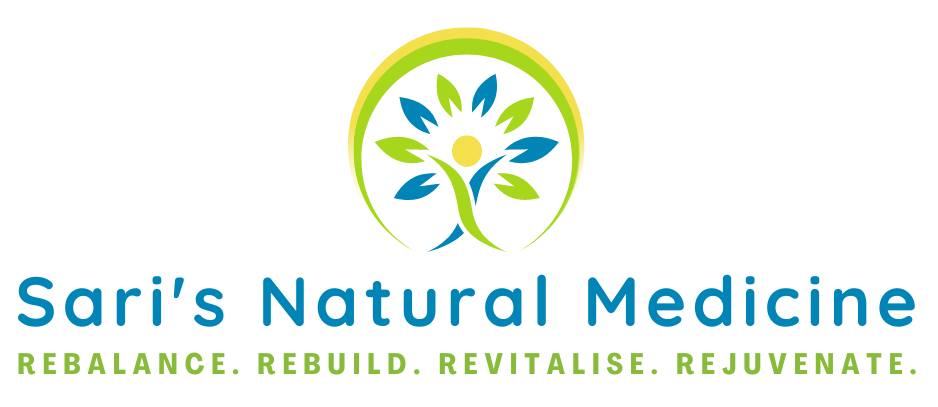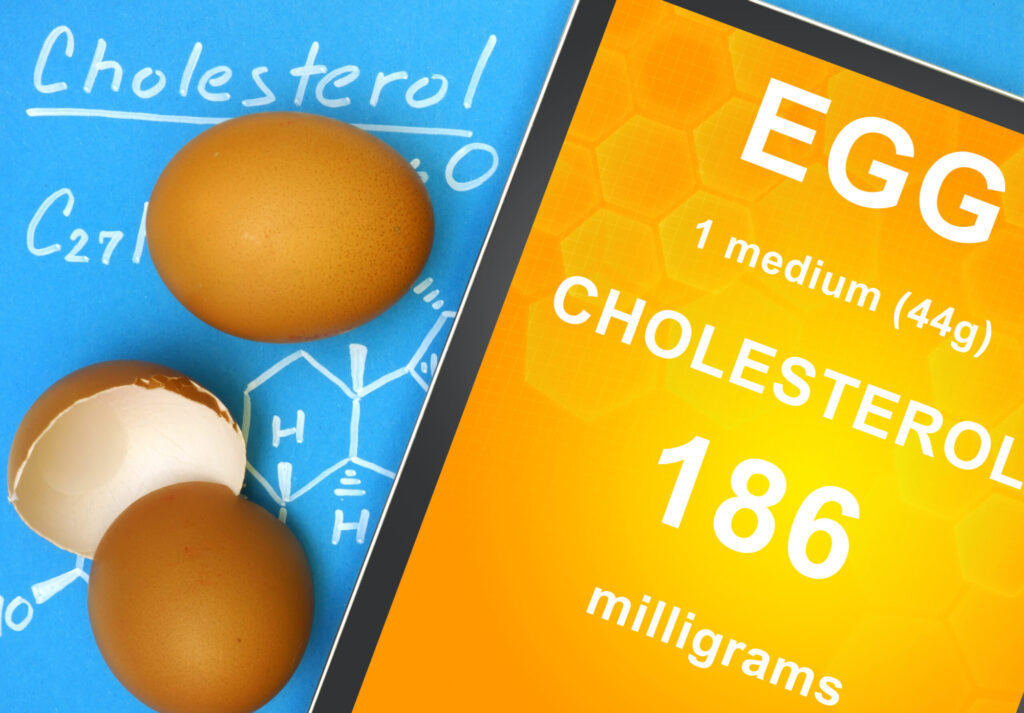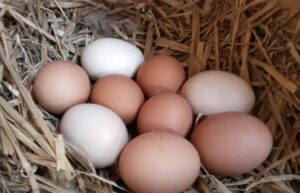Whether dietary cholesterol or egg consumption is associated with cardiovascular disease and death, remains controversial in academic communities. The impact that egg consumption has on LDLs and HDLs (serum cholesterol concentrations) has been heavily debated for years.
After reading many academic research articles on this very topic, I wish to share my unbiased conclusions.
Mortality rates decrease as egg consumption increases!
The Journal of Clinical Nutrition (Zhuang, Pan; Jiao, Jingjing; Wu, Fei et al (2020) 39(11):3520-3527) published a fifteen year-long research study with 18,914 adults, which found that the intake of cholesterol from eggs, was inversely associated with a total mortality count. As the egg consumption increased, the mortality rates decreased! The people whose diet included non-egg cholesterol sources, was positively related to total mortality. So eating other sources of dietary cholesterol did increase death rates. They concluded that egg consumption is associated with a lower total mortality among the Chinese population.
Another study in the USA found no significant association between egg consumption and mortality in US adults. There were 37,121 people studied for approximately 15 years (Peng-Fei, Xia; Xiong- Fei Pan; Chen Chen; Yi Wang et al (2020) Journal of American Heart Association 9(10):1-11).
So if you want to live longer- then eat eggs!
Eggs provide many beneficial nutrients and decreases your serum cholesterol concentrations.
Song WO (Journal of American College of Nutrition (2000) 19(5):556S-562S) conducted a cross-sectional, population-based study to assess the nutritional significance of eggs in the American diet and to assess the association between egg consumption and serum cholesterol concentrations. Over 27,000 people were divided into either ‘Egg Consumers’ or ‘Non-Consumers’. The daily intake of all nutrients except for dietary fibre and B6, was significantly higher in the Egg Consumers than in the Non-Consumers. Eggs contributed many valuable nutrients to the diet including folate, Vitamin A, Vitamin E and B12. The Non-Consumers group had higher rates of inadequate intakes for B12, Vitamin A, Vitamin E and Vitamin C. Dietary cholesterol was found to be unrelated to the serum cholesterol levels. The Egg Consumers who ate four or more eggs per week had significantly lower serum cholesterol concentrations that those who ate one or less eggs per week. Higher egg consumption was negatively associated with serum cholesterol concentrations.
So eating more eggs will lower your cholesterol and give you lots of great nutrients!
However, in another study, a meta-analysis was conducted including 17 randomly controlled studies, and it was found that people in the ‘More Egg Consumption’ group had higher LDL/HDL ratio (cholesterol) than the control group. It is important to note that this study was very short covering only two months. They did not state how many eggs were consumed daily in the ‘More Egg Consumption’ group either (Li MY, Chen JH, Chen C, Kang YN Nutrients 2020 12(7).
Whilst this study had significant limitations, I do not think eating bucket loads of eggs is good for you. Moderation is the key.
What about your blood pressure and your risk of having a stroke when you eat eggs?
Well, a study by Abdollahi and Virtanen et al (2019) in Finland with 1,950 men aged between 42 and 60 years old found that the diastolic blood pressure was lower in the group with the highest egg consumptions (The American Journal of Clinical Nutrition 110(1):169-176). Dietary intakes, blood pressures and stoke events were recorded. Neither egg nor cholesterol intakes were associated with stroke risk in this group.
So it looks like you are at no risk of having a stroke by eating eggs either.
In conclusion, eating eggs as part of a healthy diet will provide you with many beneficial nutrients, lower your cholesterol, lower your chances of death, lower your diastolic blood pressure and not increase your chances of having a stroke. My family and I love eating fresh, farm eggs straight from the chooks’ nests.
Eating organic, truly free- range eggs is a wonderful addition to your diet.


